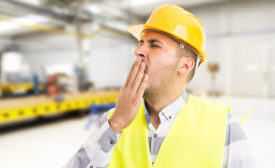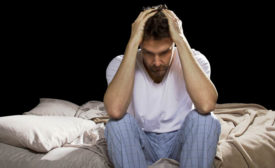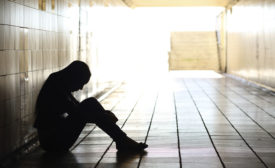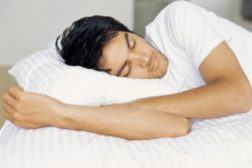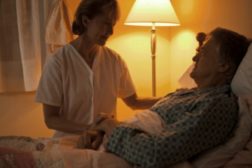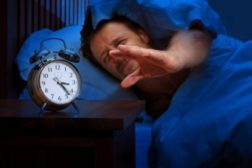Home » Keywords: » sleep
Items Tagged with 'sleep'
ARTICLES
NIOSH presents:
Research on managing fatigue in the workplace, lessons learned
May 23, 2017
Poll: Quit sitting around -- exercise your way to a good sleep
But insufficient sleep affects activity level
February 26, 2013
Become a Leader in Safety Culture
Build your knowledge with ISHN, covering key safety, health and industrial hygiene news, products, and trends.
JOIN TODAYCopyright ©2025. All Rights Reserved BNP Media.
Design, CMS, Hosting & Web Development :: ePublishing

